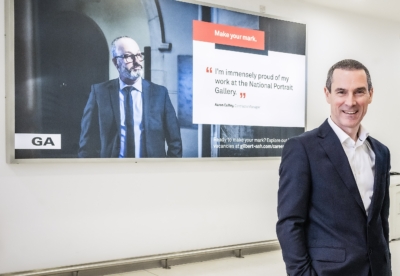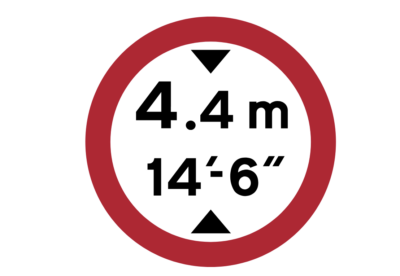The research was conducted by Survation and commissioned by payroll giant Hudson Contract who are embroiled in an on-going legal dispute with the CITB over levy payments.
A total of 1,042 companies responded to the survey with 74% of those currently paying wanting to scrap the levy and the CITB.
The results come ahead of the CITB’s levy-raising powers expiring when it will have to go out to the industry for consensus later this year to get approval to continue charging the levy which raised £170.6m in the last financial year.
Hudson is calling for the CITB to be stripped of its levy-raising powers and absorbed into the new Skills England training body.
Ian Anfield, managing director of Hudson said: “At the last consensus in 2021, the CITB claimed that two thirds of likely levy payers agreed with its levy proposals.
“If this was true, our survey findings suggest that support for the CITB has collapsed to barely one in five levy payers. This is no surprise to us as we speak to a lot of construction firms and it is very hard to find anyone that supports the CITB.
“We believe the new government has a perfect opportunity with the creation of Skills England to scrap the CITB and its levy and roll them into the new national training body.
“The skills shortages in construction are shared across manufacturing, the care sector, the armed forces and education. So why construction has to have two levies and two skills bodies makes no sense.
“A joined-up approach across the board to link school leavers and colleges with employers in all industries, would work better for everyone and fit with the government’s plans.’’
A spokesperson from CITB, said: “We have a robust, established process for gathering industry views on levy that is representative of levy payer employers.
“In March 2019, over 75,000 construction employers were on the levy register with nearly 30,000 of these liable to pay a levy.
“Consultation for the 2026 levy order is due to start in September, when we will gather employer views on the proposals from more than a third of these; a representative sample of the levy paying population and a large enough size to report reliable results (7,000 of these via their prescribed organisations, and a further 4,000 via telephone survey conducted by an independent, registered research company).
“More employers can also have their say via a dedicated online consultation channel that will be available.”

















































.gif)



 (300 x 250 px).jpg)

